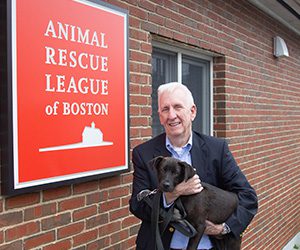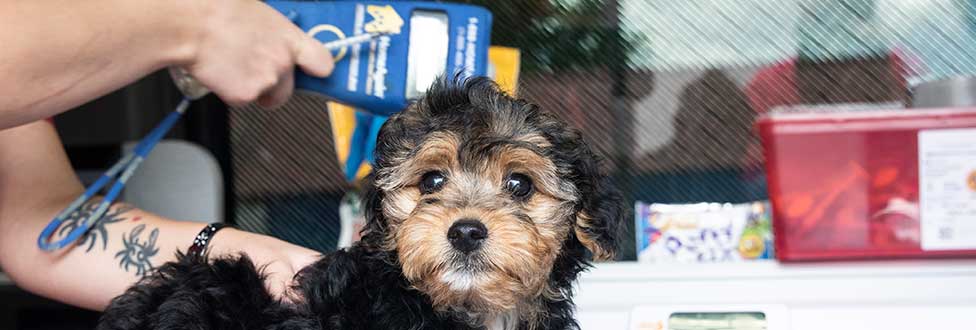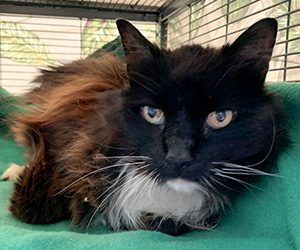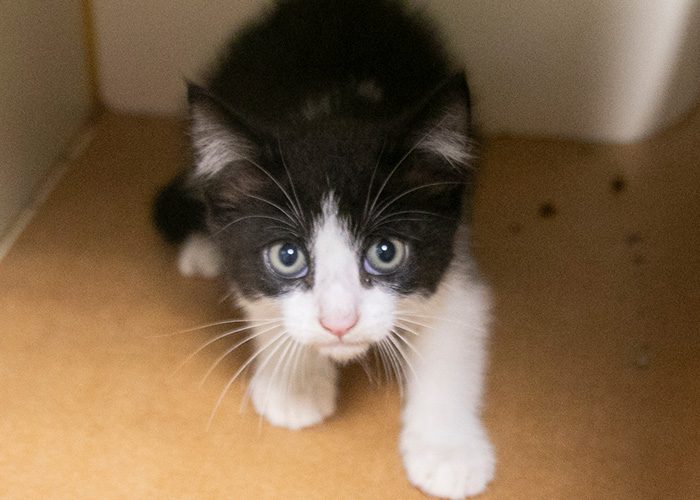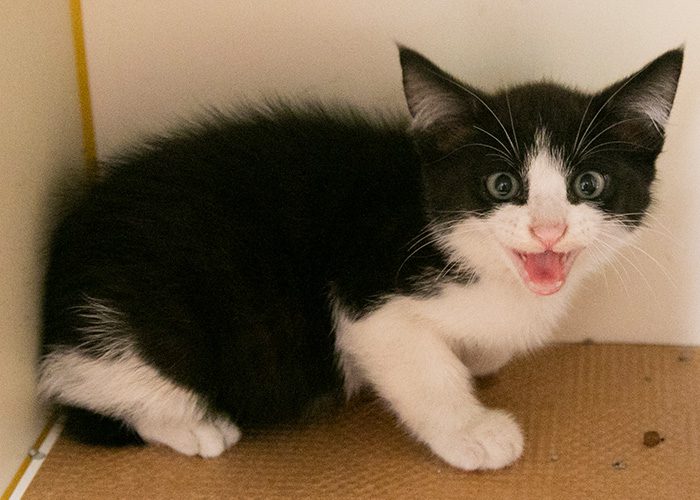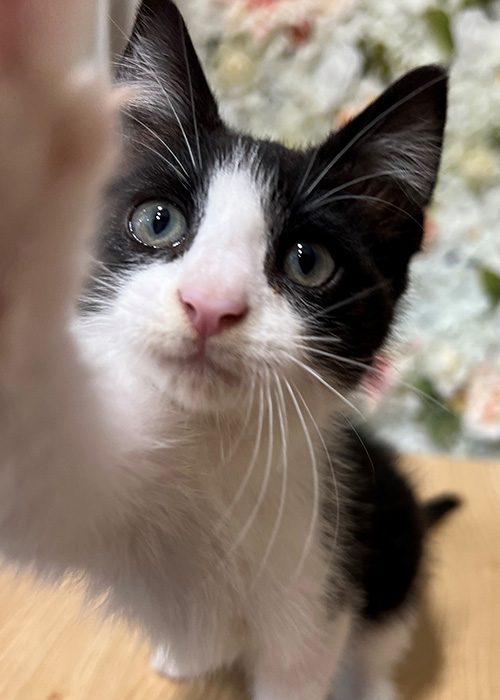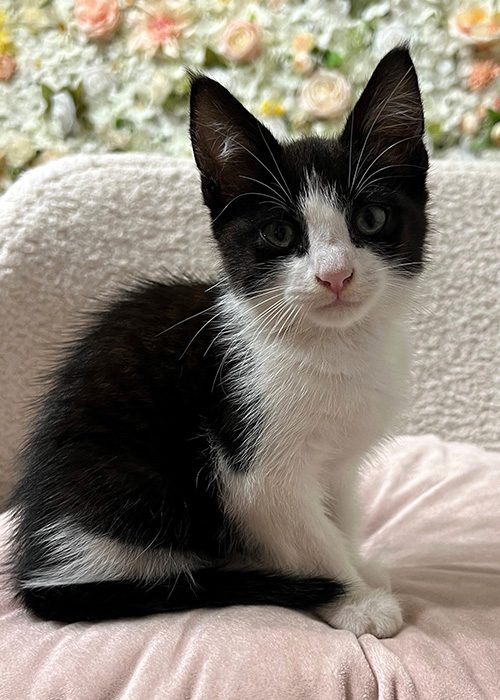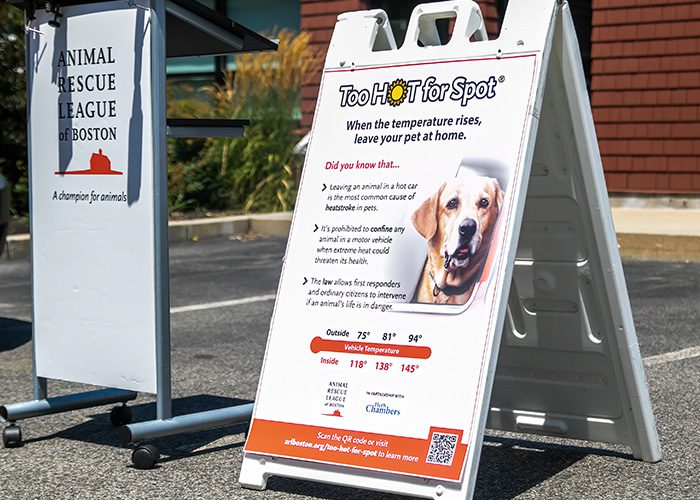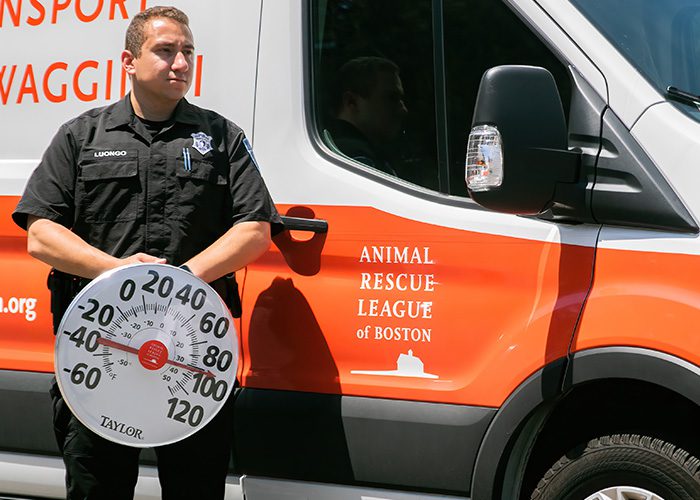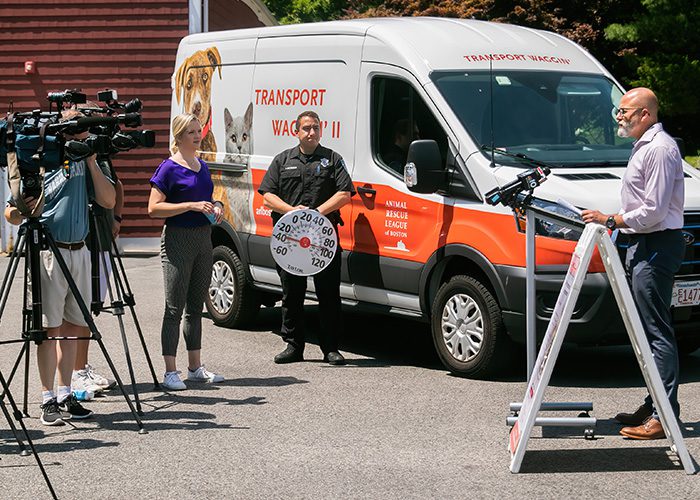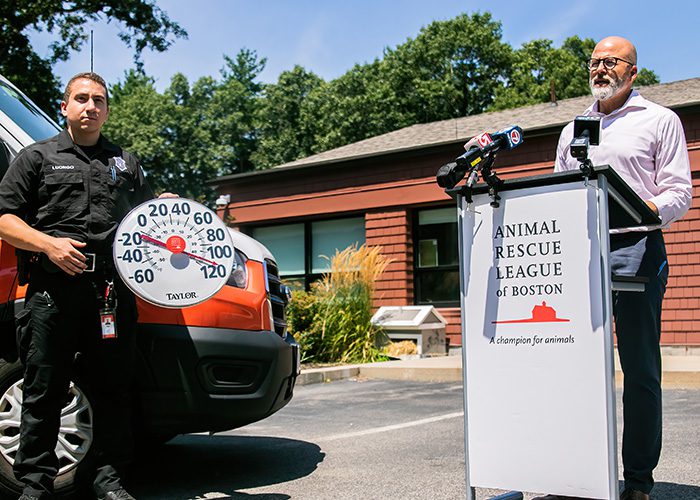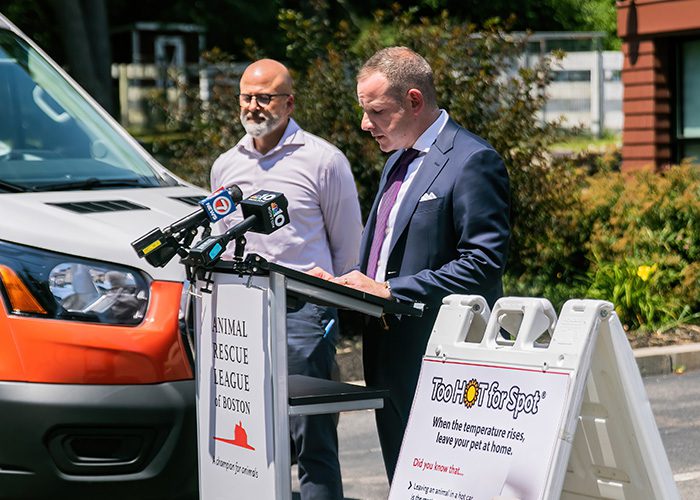ARL to Recognize Truro Resident with Animal Advocate Award
Animal Advocate Award winners exemplify compassion and commitment to advance ARL’s mission
During its upcoming Paws to Celebrate event at Truro Vineyards, the Animal Rescue League of Boston (ARL) will be recognizing a Truro resident for his exceptional involvement in promoting ARL’s mission to help animals on Cape Cod and beyond.
ARL’s Animal Advocate Award honors distinguished philanthropists and compassionate organizations who have made outstanding contributions to ARL and actively advance the well-being of animals in our community.
ARL is thrilled to recognize longtime Truro resident Brian Hyde with this award for exemplifying exceptional dedication and enduring support of animals in need.
Brian is a committed connector and champion of the cause on Cape Cod and beyond!
Brian consistently shows the power of building community and has set a powerful example of how one person can make a difference, creating a ripple effect of kindness that will leave a lasting legacy for countless animals.
“Brian’s passion, compassion, and tireless efforts have made him a true champion for animals,” state ARL Vice President of Development, Jackie Smith. “We are honored to recognize him with our Animal Advocate Award.”
ARL will present Brian with his award on Thursday, September 5, during its annual Paws to Celebrate event at Truro Vineyards, which is a gathering of like-minded ARL supporters to celebrate their contributions and see first-hand how their support and involvement is helping animals in need, and the people who care for them.


